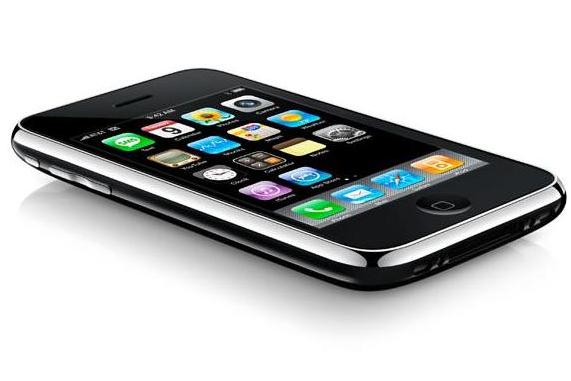Apple iPhone tracking: Should you care?
We explore the implications of Apple, Google and Microsoft's alleged tracking of mobile users.


ANALYSIS Apple has come under heavy fire for the alleged tracking of iPhone and iPad users' whereabouts, since researchers suggested iOS 4 was storing location data.
Thanks to a location cache file, the researchers claimed one could feasibly track precisely where a user had been and then show it on a map once an iOS 4 device had synced with a PC.
Now, Google and Microsoft have both been accused of doing the same thing. Android phones can store information on the last 50 mobile masts and previous 200 Wi-Fi hotspots users have hooked up to, according to reports.
Microsoft, meanwhile, reportedly receives location information from Windows Phone 7 devices.
There have been numerous cases in recent months where tech firms have been accused of passing on user data for monetary gain.
So is this any different and should you be concerned about the implications?
Privacy: Bothered?
Get the ITPro daily newsletter
Sign up today and you will receive a free copy of our Future Focus 2025 report - the leading guidance on AI, cybersecurity and other IT challenges as per 700+ senior executives
If you're concerned about privacy - which all businesses and most users are - this case is going to be a big deal. As expected, major privacy bodies have jumped on the revelations and called on Apple et al to sharpen up their practices.
"It's time mobile operators came clean and told their customers exactly how their movements are being tracked and how they can permanently disable this intrusive software," Daniel Hamilton, director at the Big Brother Watch, told IT PRO.
"Location tracking has significant implications for a individual's personal privacy. Information logged by the phones could, for example, be accessed by jealous spouses or business rivals keen to know someone's location at a particular time."
There is also the argument tracking brings users benefits which make the privacy invasions worthwhile. Indeed, Apple asks users to accept tracking by both the company itself as well as its partners and licensees before location-based services can be accessed.
From manufacturers' point of view, they need this data to give users the services they want.
But, according to Hamilton, that is not the point in this case. "Clearly, if people are using GPS services such as accessing maps or restaurant-finders, it's necessary for mobile operators to determine their location," he said.
"Determining a user's location at a given point in time is different, however, to actively tracking their movements."
Tom Brewster is currently an associate editor at Forbes and an award-winning journalist who covers cyber security, surveillance, and privacy. Starting his career at ITPro as a staff writer and working up to a senior staff writer role, Tom has been covering the tech industry for more than ten years and is considered one of the leading journalists in his specialism.
He is a proud alum of the University of Sheffield where he secured an undergraduate degree in English Literature before undertaking a certification from General Assembly in web development.
-
 OpenAI's new GPT-4.1 models miss the mark on coding tasks
OpenAI's new GPT-4.1 models miss the mark on coding tasksNews OpenAI says its GPT-4.1 model family offers sizable improvements for coding, but tests show competitors still outperform it in key areas.
By Ross Kelly
-
 Meta just revived plans to train AI models using European user data
Meta just revived plans to train AI models using European user dataNews Meta has confirmed plans to train AI models using European users’ public content and conversations with its Meta AI chatbot.
By Nicole Kobie